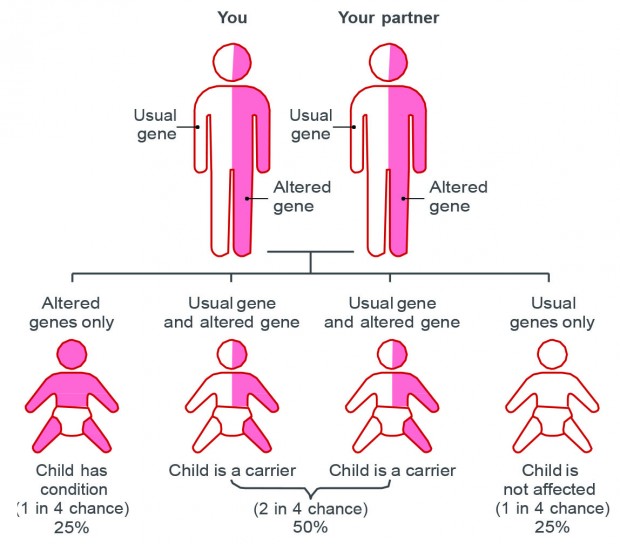If you are wondering what genetic disease is, you are not alone. There are many people with this condition and the majority of them are unaware of it. The first thing you need to understand about this disorder is that it has no known cure. There are different types of disorders, categorized as single gene and chromosomal. The former type affects only one gene, while the latter affects two or more genes. Some of the common types of genetic disorders are listed below.
Chromosomal disorders are conditions in which one or more chromosomes are mutated or missing. The latter type affects structures containing genes and DNA. In some cases, the chromosomes are either distorted or have a missing or duplicate part. Complex disorders are caused by a combination of genetic mutations and other factors such as environmental factors and diet. What’s more, some genetic diseases are more common than others, so you need to know your risk.
A genetic disease can cause serious health problems in a person. Some of these conditions can even lead to miscarriage of the fetus or embryo. In more serious cases, they can lead to stillbirth or infant death. In such cases, there are several treatments available. However, you can get supportive help from health professionals or the health website extravasation.org.uk. They can help you get the best treatment for your condition. While there is no cure for genetic disorders, you can still enjoy a normal life.
If you have a genetic disease, you should know that it will remain for life. Treatment will focus on managing symptoms, preventing complications, and improving quality of life. You may also take medications to slow the progression of your condition. But it is important to remember that these treatments do not cure. They are just a means to improve the quality of your life. Treatment is often effective but does not cure the disease.
In addition to chromosomal disorders, there are some other types of genetic diseases. The most common of these are single gene disorders, which are caused by changes in the DNA sequence of a single gene. These are so-called monogenic diseases, and they occur in one out of every 200 births. For example, cystic fibrosis is a monogenic disease, while hemochromatosis is a multigenic disease.

A genetic disease is caused by an altered gene in a cell. This gene changes the phenotype of an individual. This affects bodily function and can lead to heart disease and diabetes. When both copies of the gene have changed, the child will have a 25% chance of inheriting the same disease. Children who inherit both copies of the gene may not show any symptoms. In some cases, the disease is caused by an inherited trait, but not vice versa.
A genetic disease is a disease caused by a mutation in a particular gene. This can be caused by simple or complex inheritance patterns. It is important to understand the causes of these diseases. Mutations in a gene usually cause disease. Other disorders are caused by a mutation in a particular gene. This causes certain symptoms and can be fatal. In rare cases, a person may suffer from several genetic diseases. In some people, one or more chromosomal disorders affect their entire family.
In rare cases, there is no known cure for genetic diseases, but there are several ways to treat them. Some people may not experience any symptoms of a genetic disorder, but they may have a chromosomal disorder. The symptoms of the condition will depend on the altered genes. The disease can be hereditary, but not everyone. However, it is important to treat this genetic disorder as soon as possible. You can learn more about methods of treating rare diseases on the website https://physicianwiki.org/.
There are many types of genetic disorders. Most of these genetic disorders are caused by changes in a single gene. Some of these genetic conditions are caused by the wrong number of genes. Those with one gene will have an increased risk of developing the disease. There are many types of diseases, and a disorder may cause one or more symptoms. Although you may not have a specific type of disorder, it is still possible to develop a disease if it is caused by a mutation in one gene.